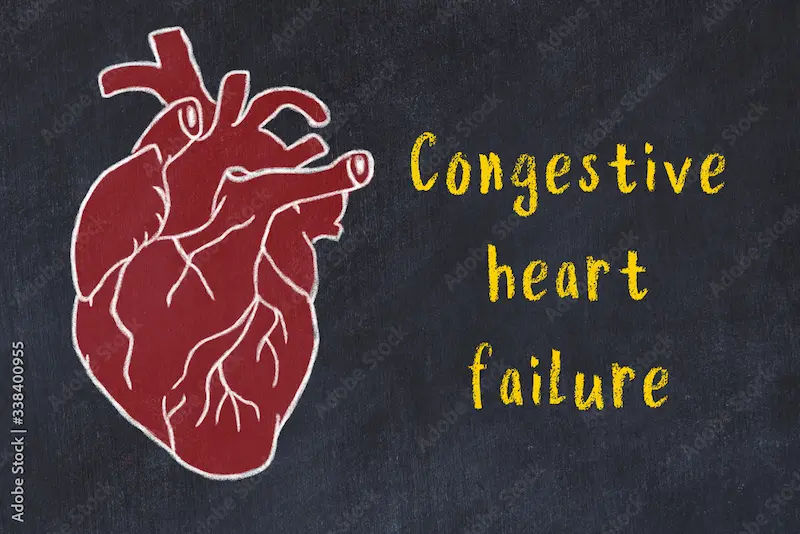- Male
- 62 Years
- 22/01/2025
My dad was in the hospital, had an angiography, and they put a stent in his heart. Ever since, his heart rate's been all over the place, and he's been vomiting blood after eating or drinking. What's going on? Is this normal after a procedure like this, or should we be really concerned?
More Cardiology Health Queries
View allI'm experiencing this needle-like pain in my chest that comes and goes. Sometimes it's in my arms and hands too. I'm not sure if it's due to stress or something else, but it's been happening for the last 2 to 3 weeks. I've been on TB medication for about 6 months now, and there's also this numbness in my feet. I'm really concerned and need some guidance. I've attached my CECT report. What could be causing these symptoms?
It's important to address chest pain, especially if it is recurrent and accompanied by symptoms like numbness in your feet. Given that you are currently on tuberculosis (TB) medication, some of these medications can have side effects, including peripheral neuropathy, which may explain the numbness in your feet. The needle-like chest pain and discomfort in your arms and hands could be related to several factors, including stress, side effects from your medication, or other medical conditions. I recommend discussing these symptoms with your healthcare provider, who may consider further evaluation such as a detailed physical examination, additional blood tests to check for side effects of TB medications, and possibly an ECG or other cardiac tests to rule out any heart-related issues.
Answered by 1 Apollo Doctors
My dad just had a 2D Echo after his ECG showed an irregular heartbeat, and I'm a bit worried. The report mentions grade 2 Diastolic Dysfunction and says something about an aortic valve being sclerotic. How serious is this? He's been feeling really weak and lethargic lately. What can we do to help him feel better?
consult cardiologist
Answered by 1 Apollo Doctors
I'm looking at my husband's ECG report, and it's got me a bit worried. It shows a heart rate of 77 bpm, with P at 97 ms, PR at 132 ms, QRS at 90 ms, and QTQTc at 357406 ms. Then it also says something about sinus rhythm, high voltage, and left ventricle. Does this all sound normal to you, or should we be rushing to the doctor? I'm feeling pretty anxious about it.
The report indicates high voltage in the left ventricle. Based on the information provided, the ECG findings suggest a normal sinus rhythm with high voltage in the left ventricle. There is no need for immediate doctor consultation based on this report. If your husband has any symptoms or concerns, it is advisable to follow up with his healthcare provider for further evaluation and management."
Answered by 1 Apollo Doctors
Disclaimer: Answers on Apollo 247 are not intended to replace your doctor advice. Always seek help of a professional doctor in case of an medical emergency or ailment.





